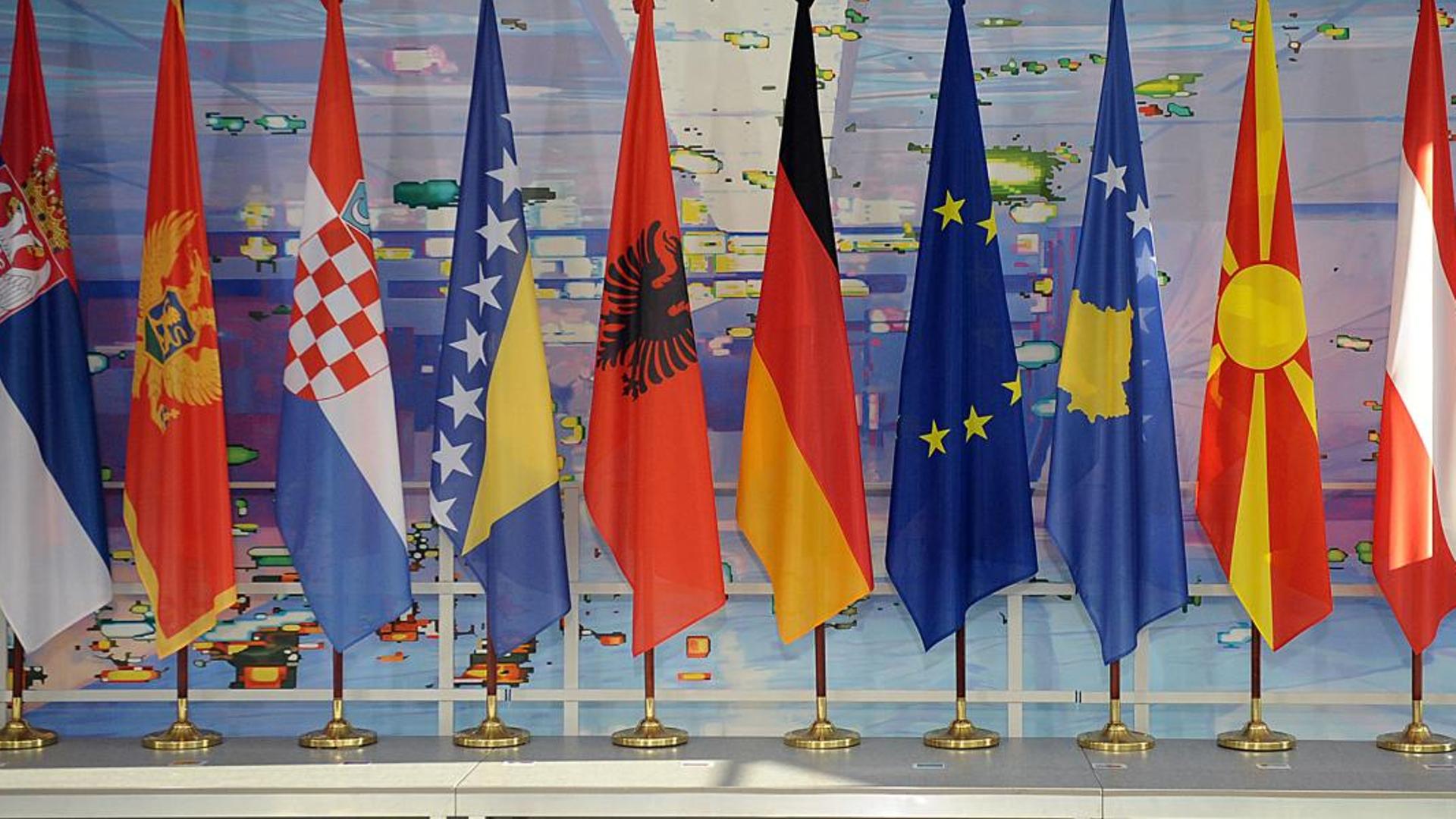France has once again held firm against Albania and North Macedonia joining the EU, a dangerous stance with long-term consequences for the region.
The European Union (EU) for months has been attempting to sow some seeds of hope for Balkan countries hoping to join the club.
This week’s meeting between EU leaders was meant to decide whether Albania and North Macedonia would start the accession process.
In the end, France stuck to its hard-line position against EU membership talks for North Macedonia and Albania on Tuesday October 14.
Emmanuel Macron’s office said, “These countries will be part of the European Union one day … but it is too early to open the legal process toward enlargement,”
This hardline position is not only a betrayal but a historic blunder — as the EU’s own security and stability depends on transforming the region.
France is showing that the EU, far from being a confident bloc able to deal with a multitude of challenges, is afraid that two small Balkan countries could bring the enterprise down.
Dealing with the challenges of Brexit, China and the US need not come at the expense of dealing with the Balkans.
The limitations of the soft power of the European Union were never more exposed than during the wars that flared up across the Balkans in the 1990s until halted by NATO air intervention and diplomatic efforts led by the United States. The EU is on the verge of another historic blunder in its southeastern frontier.
At a summit in June this year, EU governments decided that accession negotiations with candidate countries Albania and North Macedonia had to be again delayed, which was disappointing but unsurprising.
No one who has followed the political developments in Brussels anticipated either Albania or North Macedonia would get a pass for formal accession negotiations to begin, especially considering the nativist and short-sighted rhetoric coming from France and the Netherlands.
Voices against accession want Brussels to focus on deepening integration and reforming the Union while avoiding further enlargement that might swell support for the Eurosceptic forces domestically.
However, merely saying “non” is unlikely to move any support away from the grip of nativist populism.
If there are policymakers in European capitals who believe that the EU can switch from a policy of further enlargement southeastwards to a policy of stringing the peoples in the region indefinitely and undergo no real cost, they are opting for a dangerous choice.
If the choice is made for latter, in such a scenario of EU faint-heartedness, mass migration towards the core of Europe by the youth and deteriorating political dynamics for those left behind will continue. Such a situation will also strengthen the hands of malign external forces already active and keen to produce chaos in this vulnerable corner of Europe.
One-fifth of Kosovo’s population has already left the country in just a decade. The same dynamic applies for the rest of the region. The Balkans will always be nudging against the borders of the EU. Restrictions on freedom of movement will never change that.
The breakdown of enlargement will not just be a threat to the security and stability of the region, but it will also be a failure of the EU project.
Deepening integration and reforming the EU from within or further enlargement southeastwards will not matter anymore as a choice, because citizens on both sides will have lost appetite for both by then.
Consequently, it will seriously challenge the bloc’s ambition as an international actor, resulting in losing credibility.
The status quo will ever more resemble disorder and stagnation for the Balkans. Confidence and interest in membership will be lost, and the enthusiasm for the problematic reforms in the rule of law, public administration and other sectors required to earn membership will fade unless this month’s summit sends a positive signal.
The new European Commission that will start the journey in November this year needs to ensure that they do well on their Thessaloniki promise because the current pace of the process of accession throws it into doubt.
On the contrary, what the alternative future for the Balkans would be is a frightening question.
Author: Sabin Selimi
Sabin Selimi is a communication consultant and analyst on global affairs, specialised in international public policy.
Source










Discussion about this post